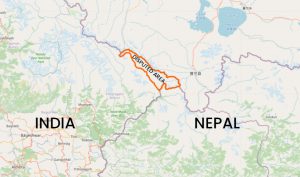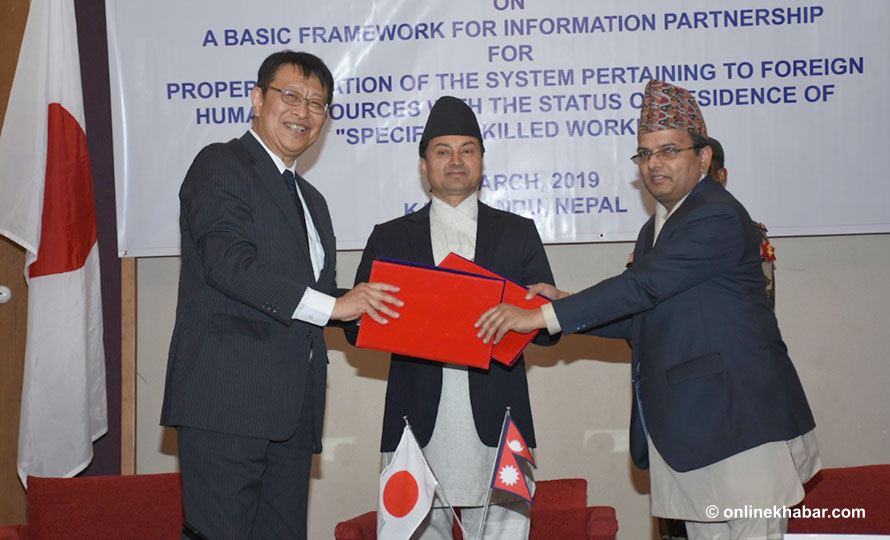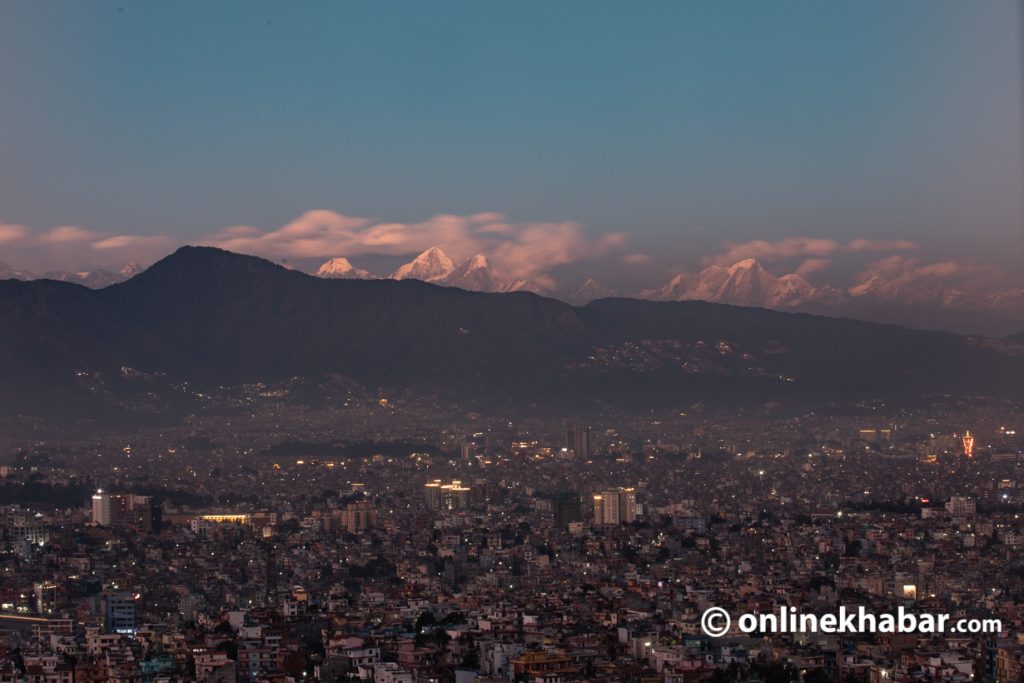
Kathmandu, October 27
The process of verifying demand letters to send workers to Japan under the Specified Skilled Worker (SSW) program has begun.
According to the Embassy of Nepal in Japan, the verification process officially started on October 13.
The embassy stated that the verification of demand letters is being carried out in accordance with the prevailing laws, regulations, directives, and other related legal provisions, methods, and procedures regarding the recruitment of specified skilled workers.
Required documents for demand letter verification can be obtained from the embassy’s official website, and applicants are requested to submit their applications accordingly.
Under the SSW program, Japan accepts skilled workers in 16 different sectors. Nepal has also been making efforts for a long time to send workers under this category.
The SSW program covers skilled employment in sectors such as nursing care, building cleaning, industrial machinery, construction, shipbuilding, aviation, hospitality, agriculture and fisheries, automobile, beverage production, and the food service industry, among others.
Bhuvan Singh Gurung, President of the Nepal Association of Foreign Employment Agencies, confirmed that the embassy has begun verifying demand letters. He said the initiation of this process will help prevent workers from falling victim to fraud while going to Japan.
Japan has been recruiting large numbers of workers from countries like India and the Philippines under the SSW scheme. Nepal and Japan had signed an agreement in 2019 to send workers under this system. However, workers had not yet been deployed until now.
The Ministry of Labour, Employment, and Social Security had approved the operating procedures for the program in January 2025 (Magh 2081), but demand letter verification had not taken place.
Now that the verification process has begun, Gurung expressed confidence that Nepali workers will be able to work in Japan under better service conditions.























